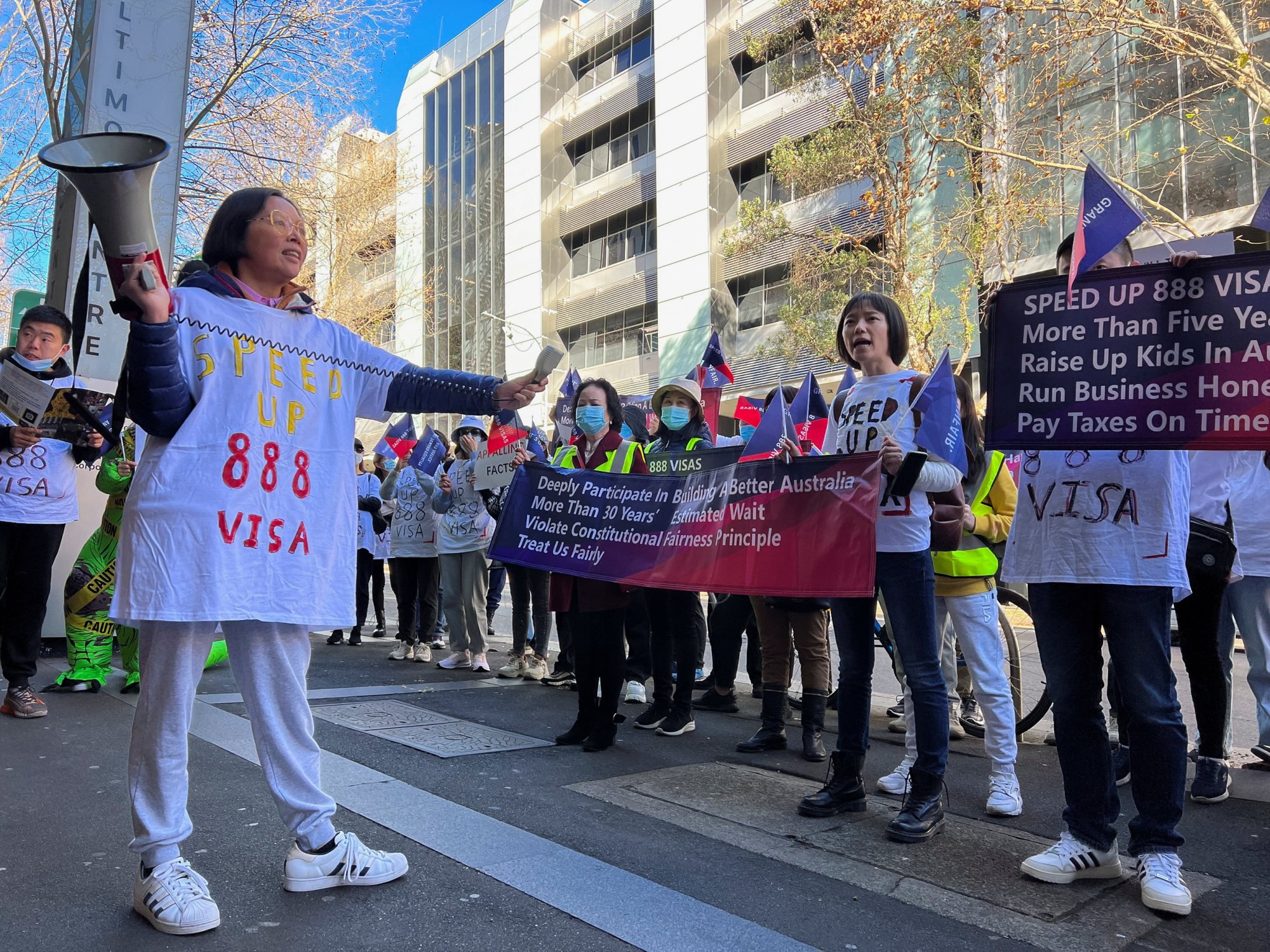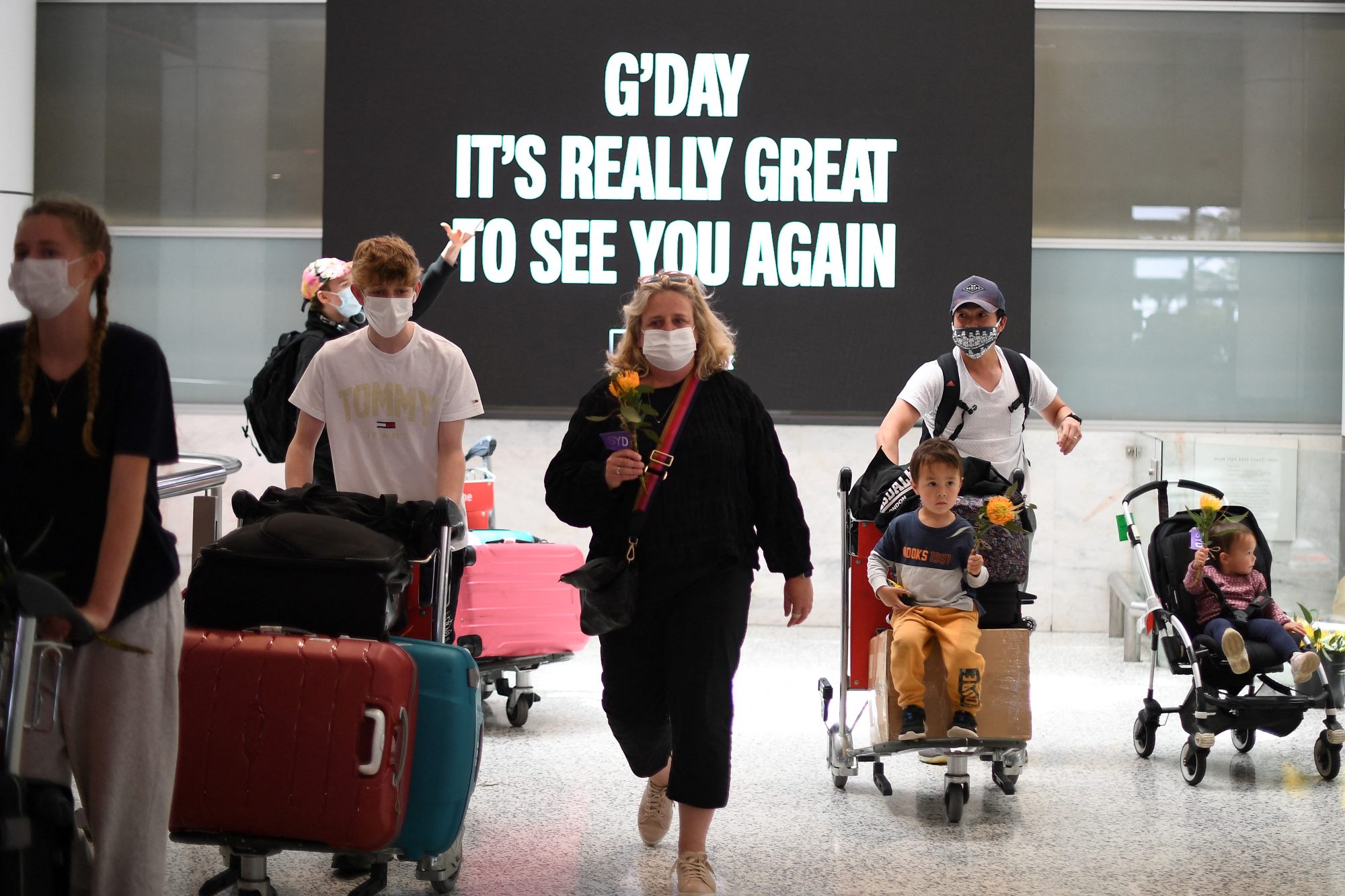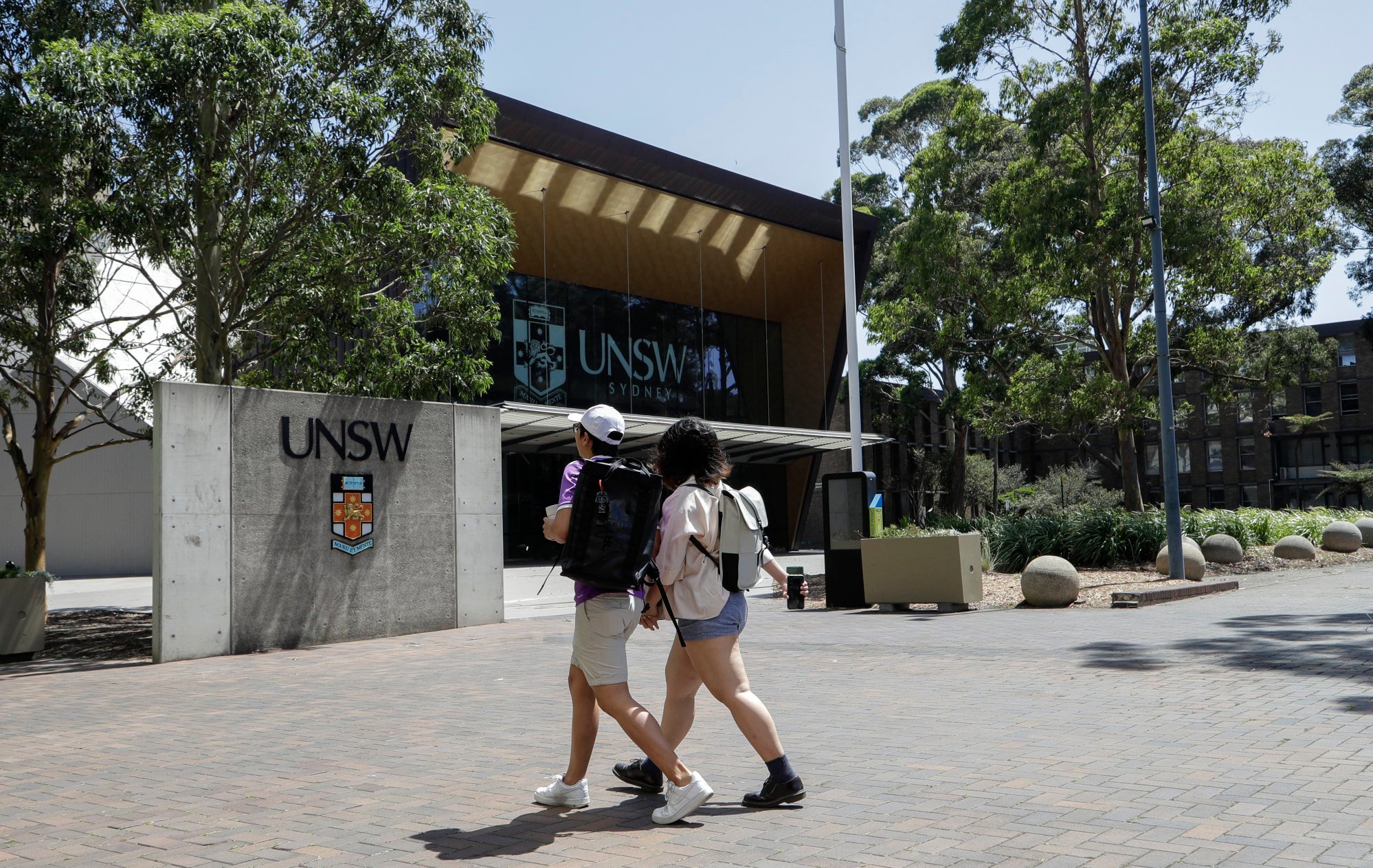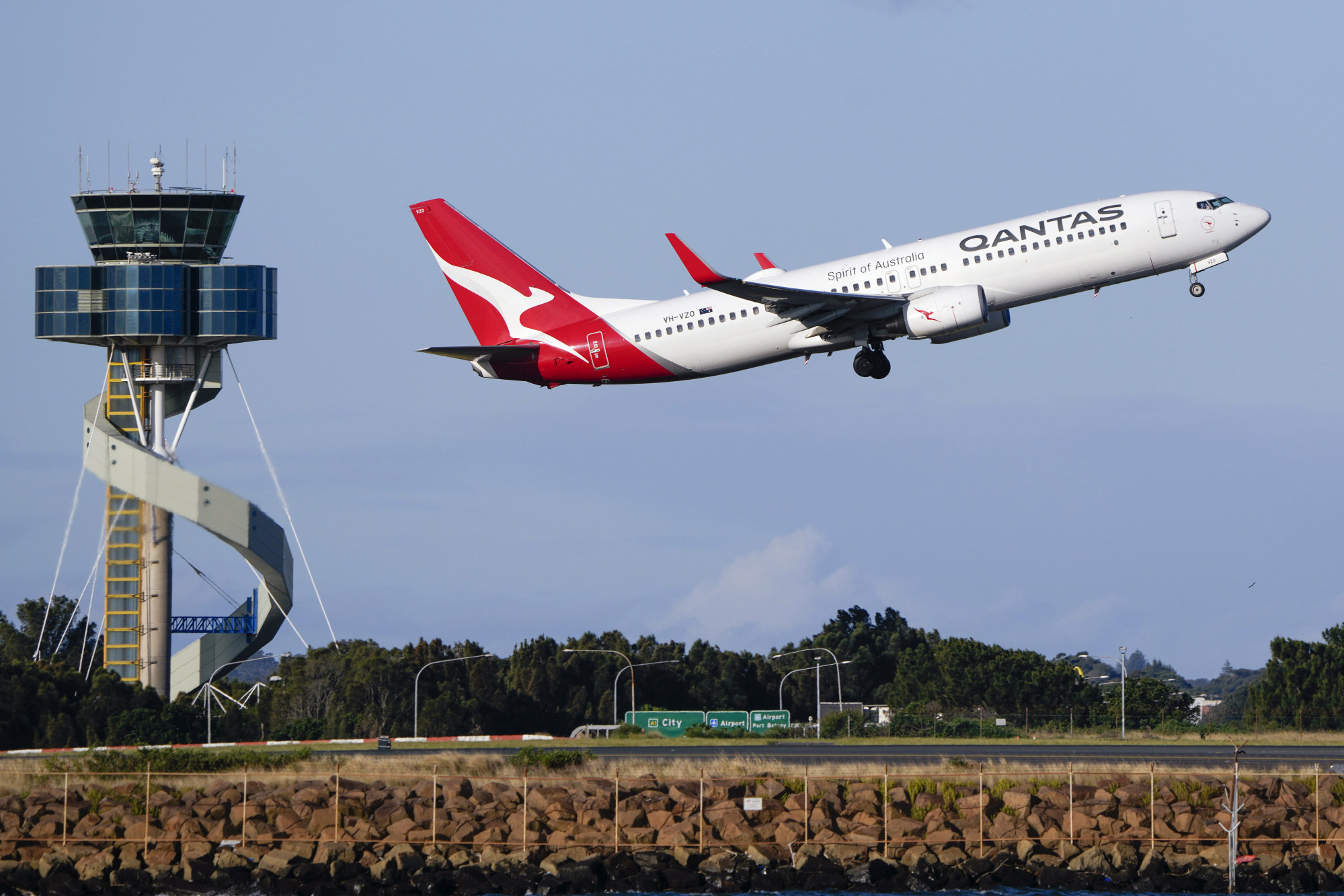“While I somewhat support the closure of the programme as it has been widely exploited, the way the government handled this has been appalling,” said Jessica Meng, a business migration specialist at advisory firm Precision Migration. “The changes to the programme have been communicated piecemeal, lacking clarity.”

The golden visa programme, officially known as the “significant investor visa”, conferred the right of abode to foreign nationals who could invest A$5 million (US$3.3 million). Critics argued it had led to poor economic outcomes and was exploited by those with little interest in long-term investment. Chinese nationals made up 85 per cent of those who applied.
Following the budget announcement on Tuesday, Canberra told migration agents anyone still in the queue under the business visa programme would be subjected to more stringent screening.
There will be 1,000 applications to be approved in the current financial year, down from an original 1,900.
“This means an 18.5-year wait for those at the end of the 18,500-place queue,” migration agent ANZ Migrate’s James Hall said.
“What can be gleaned from all of this … is that [Australia] doesn’t want those applications and hasn’t decided what to do with them. I would guess the refund approach is to see if this can significantly reduce the queue size and then decide what to do with the rest.”

Hall said the lack of communication from Canberra about the rule changes was a disappointment to his industry.
“It contrasts significantly with New Zealand, who made changes to abolish their investor visa … but they communicated everything clearly at each step and provided information in advance. For Australia, it’s quite the opposite. We have not been updated and have to glean information from public statements and comments.”
An application fee refund to those who wished to withdraw was cold comfort as it made up only a small proportion of the pool of fees paid by applicants, including legal and asset valuation, Meng said.
The closure of the programme was particularly unfair to those who had been nominated by a state in Australia to apply, she added.
On Tuesday, Canberra confirmed the number of places for international students would be capped and the government could limit the number of such enrolments by education providers.
Universities that want higher enrolments will need to build new, purpose-built student accommodation.

“I think that there is a recognition that there’s a shortage of student accommodation and that is putting pressure on the housing market more broadly. It’s not the only reason why there’s pressure on the housing market, but it’s one reason,” Australian Treasurer Jim Chalmers said at the press club in Canberra on Wednesday.
He said Canberra was working on “some kind of formula” of student accommodation that would take pressure off the private housing market.
Industry groups such as the Australian Chamber of Commerce and Industry were surprised at the lack of support for tourism in the new budget.
The number of Chinese tourists – Australia’s biggest visitor group – is still about 50 per cent lower than pre-pandemic levels, according to Tourism Australia data.
“Short-term visitor arrivals in March were still 9 per cent below pre-pandemic levels for the same period. More support in this budget was critical,” said John Hart, the executive chair for tourism at the chamber.
“Australia continues to rank poorly in competitiveness in the area of passenger facilitation in ports, which will affect our attractiveness as a [tourist] destination and impact our ability to generate visitor spend.”

Australia’s national carrier Qantas on Tuesday announced it would suspend flights to Shanghai in July due to low demand.
Australia’s latest budget was in surplus for the second year in a row, mainly due to higher income tax takes and strong commodity prices, said the Committee for Economic Development of Australia (CEDA), an economic policy group.
“These are all temporary windfalls and are unlikely to persist as the economy slows,” said CEDA Chief Economist Cassandra Winzar.
Measures to tackle the high cost of living for Australians underpinned this year’s budget. All Australian households are, for example, getting an A$300 energy rebate this financial year, although critics have been arguing the rebate should be means-tested.

